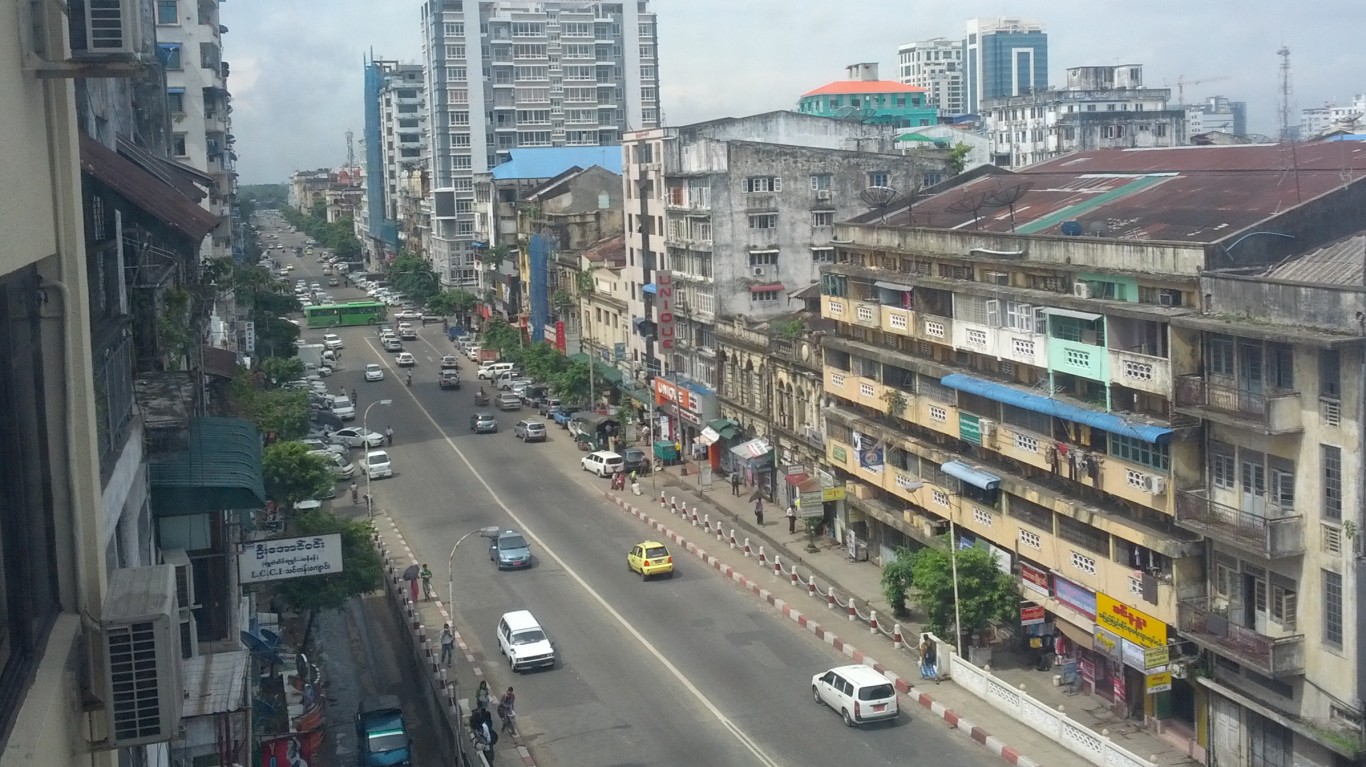
What goes into an evaluation of whether or not a city is safe. Crime? Personal liberty? Dangerously dirty air? Bad weather brought on by climate change? The Economist Intelligence Unit (EIU) released its biennial Safe Cities Index, which attempts to answer the question.
The study looks at five factors of security: digital security, health security, infrastructure security, personal security and environmental security. Each of these metrics is measured across 60 cities, with a total possible score of 100. Additionally, each of these is broken into more specific measures, so the total number of factors for the grade cover 76 indicators. Among the broad factors that affect the ranking is the rise of COVID-19 across the world and its presence in the world’s largest cities. In the report, As Fang Zhao, professor of innovation and strategy at Staffordshire Business School, said in the report, “covid-19 has changed the whole concept of urban safety.”
The report is sponsored by the NEC Corporation, which has an unusually visible presence in the EIU study.
Cities are rated on a scale of 0 to 100. Cities are categorized as very high (75.1 to 100), high (50.1 to 75), medium (25.1 to 50) and low (0 to 25).
The safest cities are in highly developed nations, including Australia, Germany, Japan, the Netherlands, New Zealand, South Korea, Spain and the United States. The top-rated city, at 82.4, is Copenhagen, followed by Toronto (82.2), Singapore (80.7), Sydney (80.1), Tokyo (80.0), Amsterdam (79.3) and Wellington (79.0). The top-rated U.S. city was New York (77.8).
All the cities with the lowest ratings were in underdeveloped or emerging nations. The city with the worst rating was Yangon, the largest city in Myanmar. The city is known for its aging infrastructure and poverty. It has a population of about 5.2 million people. The health care system is also considered substandard.
Joining Yangon at the bottom of the list are Karachi (the capital of Pakistan and one of the largest cities in the world), Caracas (the capital of Venezuela) and Cairo.
Click here to read about America’s 50 most dangerous cities.
It’s Your Money, Your Future—Own It (sponsor)
Are you ahead, or behind on retirement? For families with more than $500,000 saved for retirement, finding a financial advisor who puts your interest first can be the difference, and today it’s easier than ever. SmartAsset’s free tool matches you with up to three fiduciary financial advisors who serve your area in minutes. Each advisor has been carefully vetted and must act in your best interests. Start your search now.
If you’ve saved and built a substantial nest egg for you and your family, don’t delay; get started right here and help your retirement dreams become a retirement reality.
Thank you for reading! Have some feedback for us?
Contact the 24/7 Wall St. editorial team.


